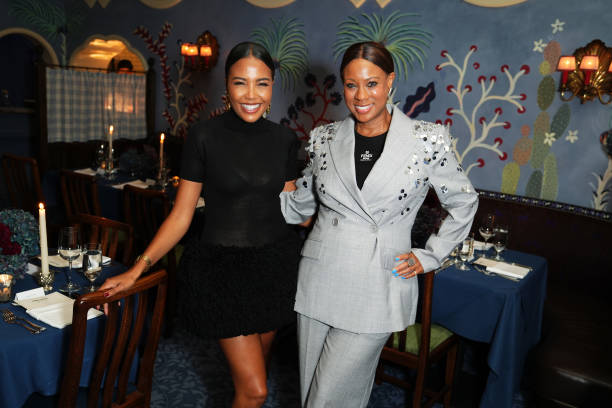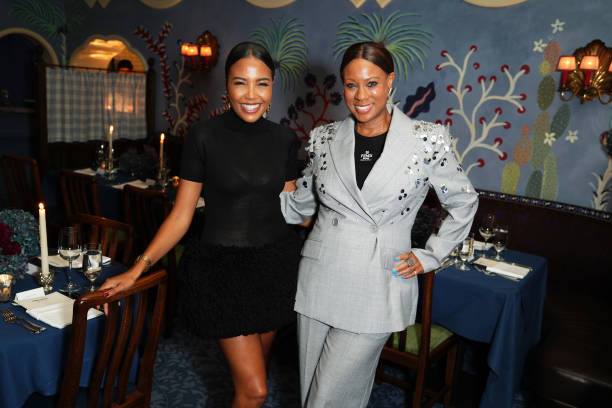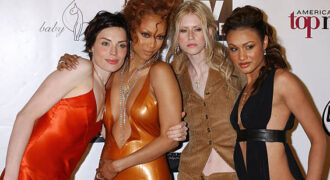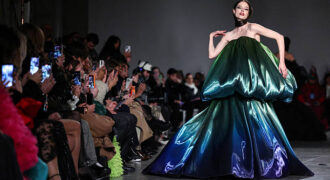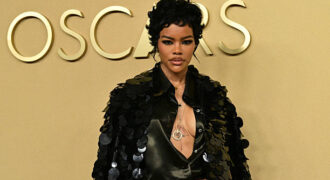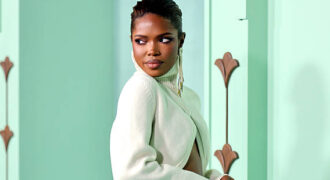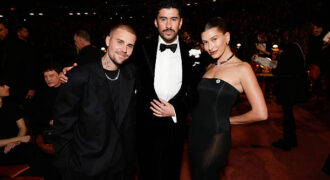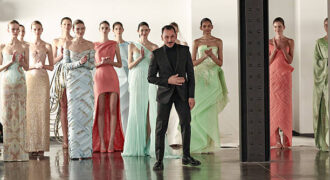By: Sahra Mohamed
For decades, luxury has been associated with Eurocentric brands and exclusive aesthetics but today Black women are changing it through entrepreneurship, design, styling, education, leadership, and consumer influence. According to Forbes, Black women are the fastest-growing group of entrepreneurs in the United States, now owning nearly 2.7 million businesses, a 322 percent increase since 1997. These businesses generate approximately $44 billion annually. Despite this growth, less than 0.2 percent of all venture capital funding goes to Black women founders, showcasing ongoing disparities in access to funding.
Another Forbes report, published in June 2025, found that Black women are launching businesses at more than four times the rate of the general population, yet they continue to earn lower annual revenues, averaging around $24,000 compared to $142,900 for women overall. This disparity is due to underfunding, limited access to capital, and systemic inequities that persist across the financial and business sectors. Despite these barriers, Black women now operate over 2.7 million businesses that generate more than $60 billion annually, reflecting their entrepreneurial resilience. Their advancement in education is allowing greater access to exclusive industries. According to data from the National Center for Education Statistics, Black women now enroll in college at higher rates than any other female demographic in the U.S., accounting for over 60 percent of all Black college students. This education opens doors in fields such as business, design, media, and technology.
In fashion, Black women are building brands that celebrate identity and heritage. Sarah Diouf, the Senegalese designer behind Tongoro, produces ready to wear garments made entirely in Africa. Her designs have been worn by Beyoncé and Naomi Campbell. Brooklyn-based designer Fe Noel incorporates her Grenadian heritage into flowing silhouettes and rich fabrics. She was a finalist in the 2023 CFDA/Vogue Fashion Fund and has collaborated with Puma and Banana Republic. Anifa Mvuemba, founder of Hanifa, gained international attention with her 3D digital runway show in 2020. Celebrities such as Zendaya, Lizzo, and Tracee Ellis Ross have worn her garments, and she continues to build a loyal audience through direct to consumer sales. Stylist and costume designer Shiona Turini, currently styling Beyoncé on tour among other celebrities, has become one of the most influential voices in fashion. Her work combines editorial storytelling and high fashion.
Black women’s influence on luxury also extends into beauty, wellness, and lifestyle spaces. Nicole Gibbons, founder of Clare Paint, launched a direct to consumer home design brand after noticing that Black women were underrepresented in the interior design and home improvement space. Her eco-conscious paint line and clean branding reflect a modern, accessible take on home luxury. Online movements such as “Black girl luxury” have flourished on platforms like TikTok and Instagram, highlighting financial freedom, travel, and self-care. As reported by Harper’s Bazaar, this trend is not about flaunting wealth but about claiming rest, abundance, and soft living, areas often denied to Black women. The movement has created spaces where Black women showcase their lifestyles, challenge stereotypes, and define what luxury means to them.
Emma Grede, a British entrepreneur and media figure, exemplifies how Black women are scaling luxury businesses. She founded ITB Worldwide in 2008, co-founded Good American with Khloé Kardashian in 2016, and later became a founding partner of Skims alongside Kim Kardashian. Grede also co-founded Safely, a plant-based cleaning brand, and in January 2025, launched Off Season, a sportswear line in partnership with the NFL. According to Forbes, her personal net worth is estimated at $405 million. She serves on the board of the Obama Foundation, appears as an investor on Shark Tank and Dragons’ Den, and is a leading voice in the Fifteen Percent Pledge initiative.
Meghan Markle, the Duchess of Sussex, has also demonstrated measurable influence in luxury consumer trends. Her lifestyle brand As Ever, which launched in April 2025, sold out of its first products, including gourmet jam within 45 minutes. Its follow-up product drop in June sold out in minutes, and on July 1, 2025, her rosé produced in Napa Valley sold out in under an hour. This phenomenon, often called the “Meghan effect,” has a history of driving massive sales increases. For example, jewelry from Valencia Key reportedly saw an 11,000 percent increase in sales after Markle wore it publicly at the Invictus Games in Canada.
Luxury is no longer defined solely by scarcity or inherited wealth. For many Black women, luxury now means access, craftsmanship, wellness, and relevance. Their influence continues to impact the industry in tangible ways. Despite ongoing funding gaps, they are leading through direct to consumer innovation, digital strategy, and compelling brand storytelling. Initiatives like the Black in Fashion Council are also pushing the industry toward greater accountability and inclusion. Black women are expanding what luxury means, what it looks like, how it feels, and who it serves.
